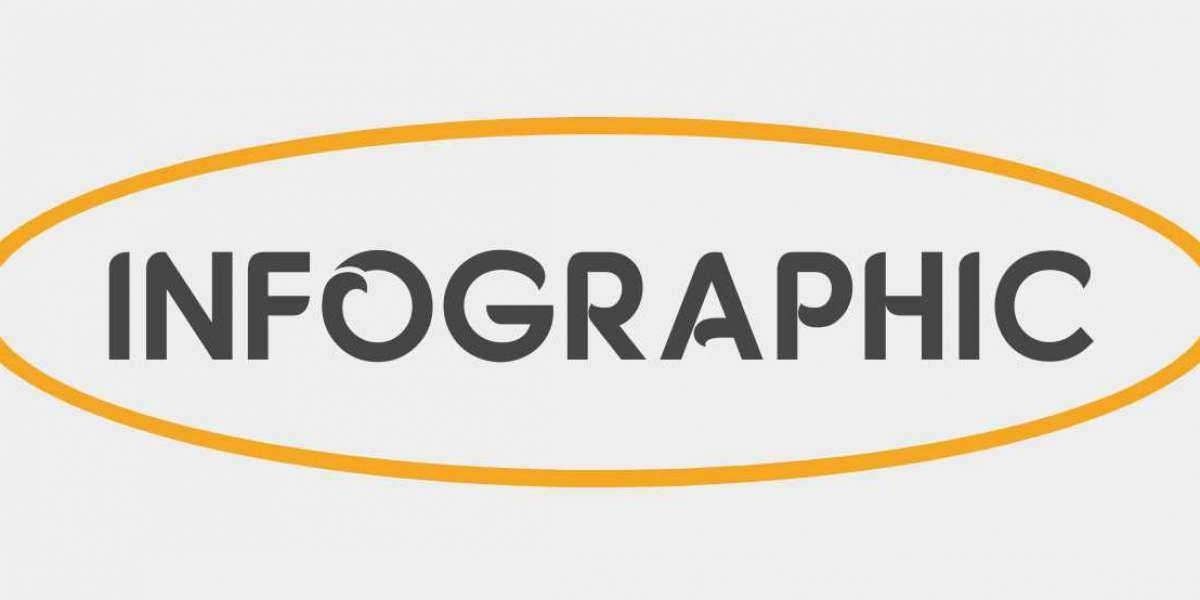Attention-Deficit/Hyperactivity Disorder (ADHD) is a neurodevelopmental condition that affects millions of teenagers worldwide. Characterized by inattention, hyperactivity, and impulsivity, ADHD can significantly impact a teen's academic performance, social interactions, and emotional well-being. As adolescence is already a challenging phase of life, ADHD can add extra layers of difficulty.
This article explores ADHD in teens, its symptoms, common challenges, and strategies for support.
What Is ADHD?
ADHD is a brain-based disorder that affects executive functioning—skills like focus, organization, impulse control, and emotional regulation. While ADHD is often diagnosed in childhood, symptoms can evolve during the teenage years, presenting unique challenges.
Types of ADHD
Predominantly Inattentive Presentation – Difficulty focusing, forgetfulness, and disorganization.
Predominantly Hyperactive-Impulsive Presentation – Restlessness, impulsive actions, and interrupting others.
Combined Presentation – A mix of inattentive and hyperactive-impulsive symptoms.
ADHD Symptoms in Teens
While hyperactivity may decrease with age, teens with ADHD often struggle with:
Inattention Signs
Trouble staying focused on tasks (especially schoolwork)
Frequent forgetfulness (missing deadlines, losing items)
Avoiding tasks that require sustained mental effort
Easily distracted by external stimuli
Hyperactivity & Impulsivity Signs
Restlessness (fidgeting, tapping, difficulty sitting still)
Interrupting conversations or acting without thinking
Risk-taking behaviors (reckless driving, substance experimentation)
Emotional outbursts or mood swings
Challenges Faced by Teens with ADHD
ADHD can affect multiple areas of a teenager’s life:
1. Academic Struggles
Poor time management leads to missed assignments.
Difficulty following instructions or completing long-term projects.
Lower grades despite intelligence (often labeled as "lazy").
2. Social & Emotional Difficulties
Impulsivity can strain friendships (blurting out hurtful comments).
Low self-esteem due to constant criticism from adults.
Higher risk of anxiety and depression.
3. Risky Behaviors
Teens with ADHD are more prone to substance abuse.
Increased likelihood of reckless decisions (speeding, unsafe sex).
How to Support a Teen with ADHD
While ADHD is a lifelong condition, proper support can help teens thrive.
1. Professional Help
Therapy – Cognitive Behavioral Therapy (CBT) can improve coping skills.
Medication – Stimulants (like Adderall) and non-stimulants (like Strattera) can help manage symptoms.
2. School Accommodations
Individualized Education Plans (IEPs) or 504 Plans – Extra time on tests, note-taking assistance, or breaks during class.
Organizational Tools – Planners, digital reminders, and structured routines.
3. Parental & Peer Support
Positive Reinforcement – Praise effort, not just results.
Clear Expectations – Break tasks into smaller steps.
Encourage Healthy Habits – Regular exercise, good sleep, and a balanced diet help manage symptoms.
Conclusion
ADHD in teens is more than just "being hyper" or "spacey"—it’s a real neurological condition that requires understanding and support. With the right strategies, teens with ADHD can develop skills to succeed academically, socially, and emotionally. If you suspect your teen has ADHD, consult a healthcare professional for an accurate diagnosis and tailored treatment plan.
By fostering patience, structure, and encouragement, parents, teachers, and friends can make a significant difference in a teen’s ADHD journey.
Would you like additional details on any specific aspect of ADHD in teens? Let me know how I can refine this further!









